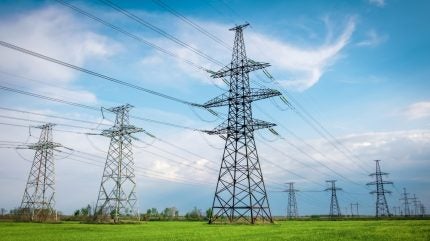
The Sri Lankan parliament has passed legislation to revamp the country’s power sector and attract investment in renewable energy, Reuters has reported.
The move is in line with the commitments made under a $2.9bn programme with the International Monetary Fund (IMF).
The new law seeks to reduce losses in the state-run power company the Ceylon Electricity Board (CEB) and make the sector more appealing to investors.
The legislation was passed with a majority of 44 votes, as confirmed by Speaker Mahinda Abeywardena.
Power and Energy Minister Kanchana Wijesekera emphasised that the Electricity Bill would increase the profitability of CEB and boost the renewable energy sector’s investment appeal.
Reuters quoted Kanchana Wijesekera: “Sri Lanka has set a target of generating 70% of its power via renewables by 2030.
“It is estimated that in the next six years, Sri Lanka will need $12bn to meet this goal. So we need to open the sector to attract this investment.”
Sri Lanka is currently recovering from a severe financial crisis, which saw its dollar reserves hit record lows and its economy shrink by 2.3% in 2023.
The IMF programme includes reforms to state-owned enterprises to make them profitable.
This includes restructuring the CEB to operate its transmission, generation and other services as separate entities.
Opposition parties and trade unions have criticised the new legislation. They argue that it could lead to privatisation and that it gives excessive power to government ministers.
The law also sets out a three-year reform timeline for the country to establish wholesale power markets, facilitate open access and participate in power trading within South Asia, as Wijesekera noted.
In May 2024 the Sri Lankan government signed a 20-year power purchase agreement with India’s Adani Green Energy for the construction of two wind power stations costing $442m.
The country is also exploring grid connectivity and seeking investment from India for its renewable sector, with the long-term goal of exporting power.



